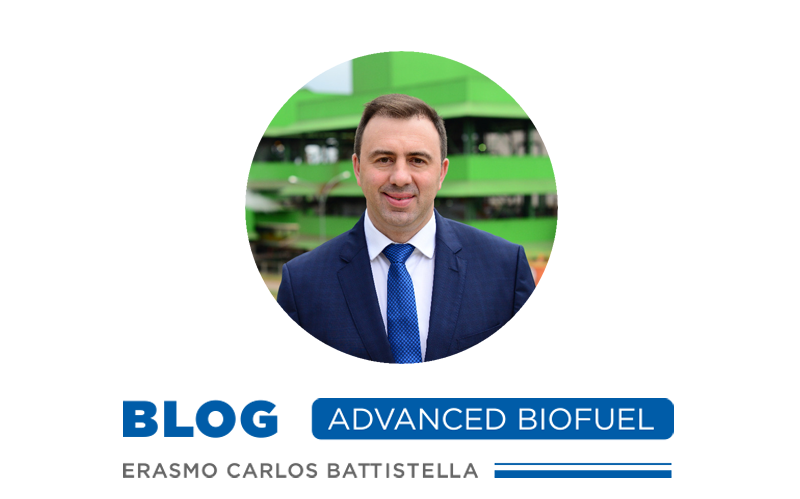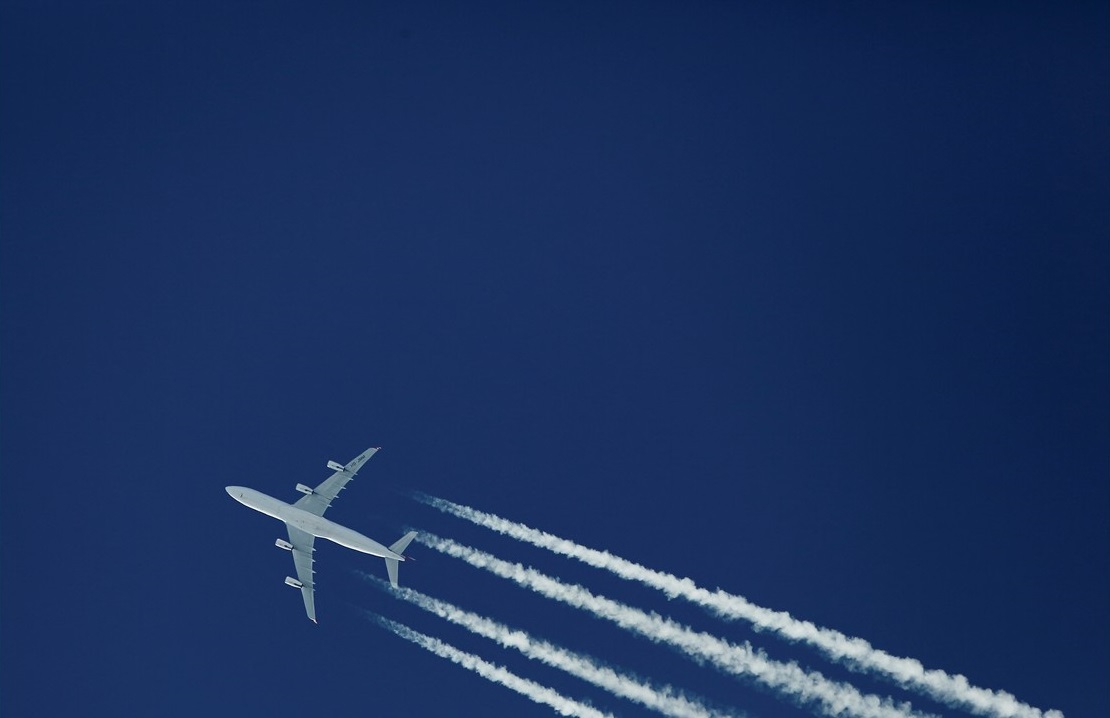The transition to the use of Sustainable Aviation Fuel (SAF, also known as SPK, or Synthetic Paraffinic Kerosine) has already left the hangar and is on the runway to take off. The subject is on the agenda of the executives of the major airlines all over the world.
I personally participated in the International Air Transport Association (IATA) Wings of Change Americas in Santiago de Chile in early April. I attended the panel “Latin America’s Energy Transition to Achieve Net Zero” along with Maisa Rojas, Chile’s Minister of Environment, Stephanie Zhu, Sustainability Manager at Delta Air Lines, and Alex Philpott, Director of International Pricing and Carbon, Aviation Decarbonisation Division, UK Department for Transport.
The same belief I have that SAF is necessary to contribute to the reduction of Greenhouse Gases (GHG) and for a greener and more sustainable world, was now shared with the executives from Latam, Aerolineas Argentinas, Iberia, Delta Airlines and Avianca, and other companies present at the event with whom I spoke. They all want biofuel for aviation.
In all, 3% of global CO2 emissions come from the aviation sector, and SAF is one of the fastest ways to reduce the source of this pollution. Brazil does not produce the advanced biofuel, while the United States meets 70% of the current demand and Europe, 30%.
During the event I talked about our Omega Green biorefinery project in Paraguay, the first plant in the Southern Hemisphere, emphasizing the importance of investments in advanced biofuels and of defining a single common policy strategy for all of Latin America.
Brazil, which is home to 50% of the region’s air transport, has all the conditions to lead this process – this is a thesis that I defend.
Roberto Alvo, CEO of Latam, announced at Wings of Change Americas that 5% of its fuel consumption will be of sustainable origin by 2030. “Here [Latin America] not a single liter of SAF is produced. We understand that in the region we have to take the first step in the segment,” he said.
The airlines reinforce to the producing market that there is demand for the product and encourages governments to adopt measures to stimulate the development of alternative fuels to aviation kerosene.
The industry needs to meet the CORSIA (Carbon Offsetting and Reduction Scheme for International Aviation) definitions. Advanced biofuels will play an important role in the aviation industry’s pursuit of these GHG (greenhouse gas) reduction targets.
For Roberto Alvo (CEO of Latam), the main challenges for SAF is to increase the speed of construction of the manufacturing facilities through public-private partnerships to start production quickly.
SAF will be crucial to achieve the goal of carbon neutral growth from 2020 for international aviation. Several European Union states have committed to 10% SAF use by 2030, with leading countries like Norway agreeing to 14%.
U.S. President Joe Biden also announced that his administration will soon disburse funding to renewable fuel producers and increase investments in SAF fuel technologies. In addition, the Japanese government has proposed a goal of replacing 10% of the aviation fuels consumed by Japanese airlines with SAF by 2030.
In Brazil, the Ministry of Mines and Energy (MME) presented the first proposal of the legal framework for the insertion of SAF in the Brazilian market. The draft was concluded in the Fuel of the Future subcommittee that deals with the subject and published on March 28th. In summary, the text establishes that airline operators must reduce CO2 emissions by at least 1%, as of January 1st, 2027, on domestic flights, using SAF mixed with fossil kerosene.
The National Energy Policy Council (CNPE) may raise this percentage to up to 10%, and also reduce, “at any time, for justified reasons of public interest, temporarily” to up to 0.5%. The subcommittee’s proposal was the result of discussions with several actors and may still be improved.
In my opinion, we need a strong law here in Brazil, which guarantees the security of investment and the minimum percentage of blending, in an integrated action across the continent. The demand for SAF is already knocking on our door and we need a quick and consistent response to accelerate this path to sustainability.

